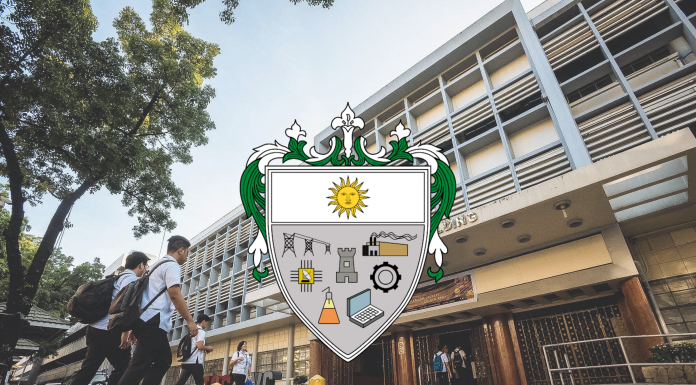The teachings of the Second Vatican Council compel the Church to play a greater role in public life.
In the St. Thomas Aquinas Forum at the Civil Law Auditorium last Feb. 1, former Rector Fr. Rolando de la Rosa, O.P., cited Vatican 2 in justifying the Church’s active participation in matters of State.
“We should be afraid that because of our inaction and love for restraint, the Church would drift towards something worse than mediocrity, that is absolute indifference and intolerance,” said De la Rosa.
He recalled the role of the Church in the EDSA Revolution, which he called “EDSA revelation.” In 1986, Jaime Cardinal Sin encouraged Filipinos to join the peaceful uprising against the Marcos dictatorship.
“Collective faith empowered us to do our act together,” said, De la Rosa.
Meanwhile, Manila Archbishop Luis Antonio Cardinal Tagle called on students to be open to doing “acts of faith” and not only focus on the doctrines of the Church.
Tagle noted that “students in Catholic universities are no longer open to acts of faith.”
Facilitators of retreat houses have reported that students were “unruly, [and] not disposed to prayer,” compared with students from secular colleges or institutions without religious affiliation, he said.
“During the [13th Ordinary General Assembly of the Synod of Bishops], a fine distinction was made between the contents of faith and acts of faith. Many people know the content of the faith. But, according to the Holy Father, the Church right now should pay attention to the acts of faith,” Tagle said.
Discussing the Year of Faith inaugurated by Pope Benedict before his retirement last February, Tagle noted that the “main biblical image” used in the synod of bishops in Rome last October was Jesus asking for water from the Samaritan woman in the Gospel of John. This scene in the New Testament shows the process of transmission of faith, with the woman deeply moved by her encounter with the Lord.
“This experience is so good [that] it becomes good news that must be shared with others. This is not something that is extraordinary. Even in day-to-day life, whenever we have some sort of good experience, the impulse is to share,” said Tagle.
The challenges of the contemporary world can become occasions for new evangelization, he said.
“Let us be cautious. We have this unspoken idea or dream that before we can transmit the faith to the world, we have to fix it,” he said. Rather, the ill effects of globalization must be seen as opportunities to transmit faith,” he added.
He took note of the effects of secularism on politics, environment and religion. “We don’t lack materials in terms of exposition of the contents of the faith. But how come the act of faith is being eclipsed right now by many cultural, social and political realities?”
De la Rosa, who is also a former chairman of the Commission on Higher Education (CHED), also talked about politics and leadership.
De la Rosa recalled that during his stint at CHED—which he described as “more traumatic”—there were many instances of “religiosity with unethical practices.”
“Freedom is pursued at the expense of fundamental values. [Conscience] tells us to protect and cherish the values that assure our survival as a society,” he said.
De la Rosa said he learned that “good governance is largely based on faith, [and] it requires good followers.”
“The Catholic faith teaches that government is good if it assures, protects, and promotes the common good, which basically means the right to life and happiness of every citizen,” De la Rosa said. “If a government does this, then, it is building a just and humane society.”
Salvation and environment
Talking about pluralism in religion, Fr. Gerard Francisco Timoner III, O.P., prior provincial of the Dominican Province of the Philippines, said that despite the Catholic principle “extra ecclesiam nulla salus” (outside the Church, there is no salvation), non-Catholic people may still be saved.
Timoner referred to the principle of St. Thomas Aquinas, the “universal salvific mercy of God,” which holds that salvation may still be given to those who have “possibly not heard of Christ.”
“Christo-centrism holds both actions (the universal salvific will and mediation of salvific will) in fruitful tension,” Timoner said.
Meanwhile, Fr. John Leydon, parish priest of Our Lady of Remedies Parish in Malate, Manila, said the present generation could “wipe out the face of God in the planet,” adding that unless there is religious guidance, humanity may not be able to deal with environmental crises.
The priest cited an open letter of scientists in 1990 to take part in the movement to protect the environment amid growing industry and developing technology.
Leydon said the environmental problem is also a moral problem. “[The environmental problem] does challenge everybody how to live their life,” he said.


















